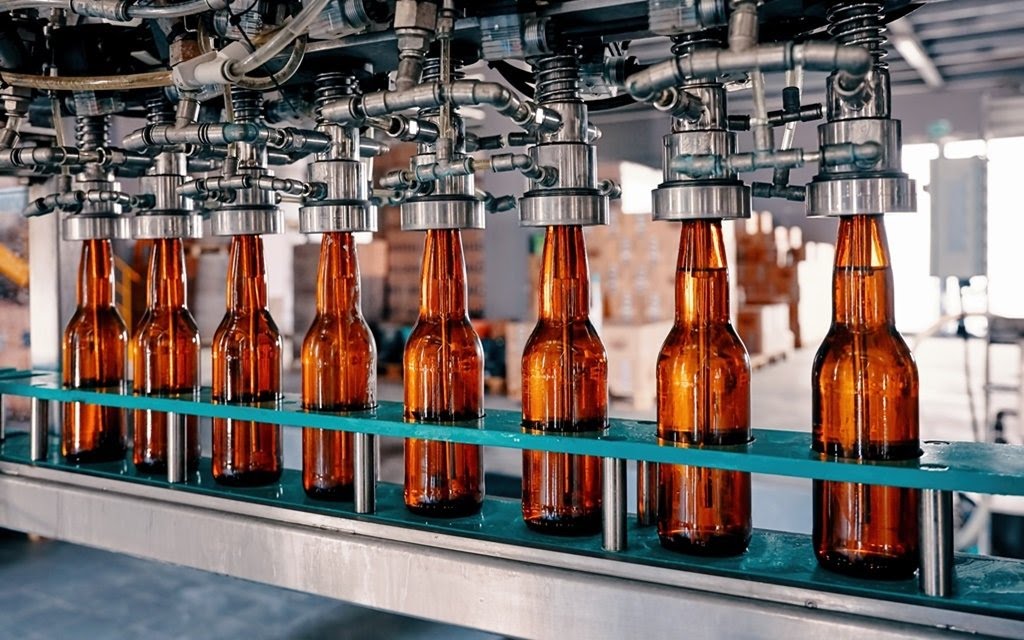Although South Africa is renowned all over the world for its incredible and broad variation of wines, a recent surge in locally produced craft products, such as gin and brandy, have also seen promising growth for local, entrepreneurial producers.
However, many of these industries, and most notably local liquor crafters, wine farmers and alcohol manufacturing powerhouses like SAB and Distell, have suffered incredible losses since the pronouncement of COVID-19 as a “national disaster” by President Cyril Ramaphosa last March, and the resulting first and second alcohol bans.
To raise awareness about the effects of the ban of alcohol sales on the sector, South Africans have showed true kinship with the establishment of movements like #supportlocal and #SaveSAWine, both of which have gained International attention.
They have received the attention of OneDayOnly too, with the introduction of Wine Wednesday and Festive Friday weekly online deals and promotins that offer locally produced products at massively discounted prices.
According to Lucky Ntimanbe, head of the Liquor Traders’ Association (SALTA), the entire liquor industry value chain employs close to 1 million people and contributes 3% to the national GDP (gross domestic product).

“We have shifted a significant amount of our attention over the last year on prioritising locally produced products and manufacturers,” says Laurian Venter, director for OneDayOnly.
She adds: “The industry needs our support, so we will be backing initiatives like #SaveSAWine by running bespoke promotions that make wine and other locally produced products available for purchase on our site which will be delivered, directly from the supplier as soon as the alcohol ban has been lifted.”
Laurian and her team have made this decision to help promote the sales of locally produced liquor, that can hopefully support local farms and distilleries cover some of their overheads until the industry is able to resume trading.
“In addition to supporting these initiatives, we would also like to encourage local liquor producers to get in touch with us to see whether we are able to support them by selling their products on our daily deals site,” Laurian concludes.
Market insights on the impact of South Africa’s ban of alcohol

According to market insights:
- Western Cape wineries are sitting on 289 million litres of wine that they could not sell because of lockdown regulations
- South Africa’s winemakers have reported revenue losses of more than R18 billion during the ban that has lasted more than 18 weeks. It reportedly also loses R300 million every week that the ban continues
- Massive complications have arisen because storing the current harvest has threatened available storage space and the livelihoods of smaller producers and the hundreds of thousands of workers in the industry are at stake
- Liquor Traders’ Association (SALTA), claims the entire liquor industry value chain employs close to 1 million people and contributes 3% to the national GDP (gross domestic product)
- This week, the country’s biggest beer maker, South African Breweries (SAB), announced that it had suspended 550 temporary contract workers across its local operations since the introduction of adjusted Level 3 lockdown, with overall staff salaries cut by 10%, and cancelled R5 billion in investments
*For the latest consumer insights from South Africa and around the world, make sure to regularly visit the NOWinSA/Consumer page!


